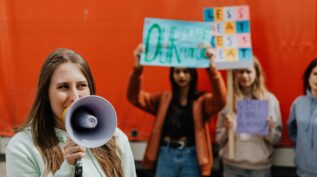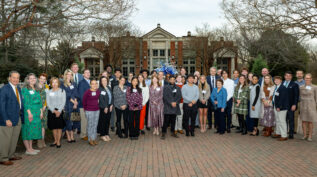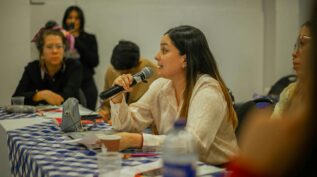The Value of Capacity Building to Increase Nonprofits’ Impact
Posted on October 16, 2025 by Maggie McGoldrick

Capacity-building has long been a way for funders to supplement their traditional grants, boost nonprofit effectiveness, and ultimately help nonprofits be more sustainable. By investing in nonprofit leadership, technology, systems, and more, funders can equip their partners with tools and expertise to help them better meet their mission. As nonprofits face federal funding cuts and a shifting regulatory environment, many… Read More





